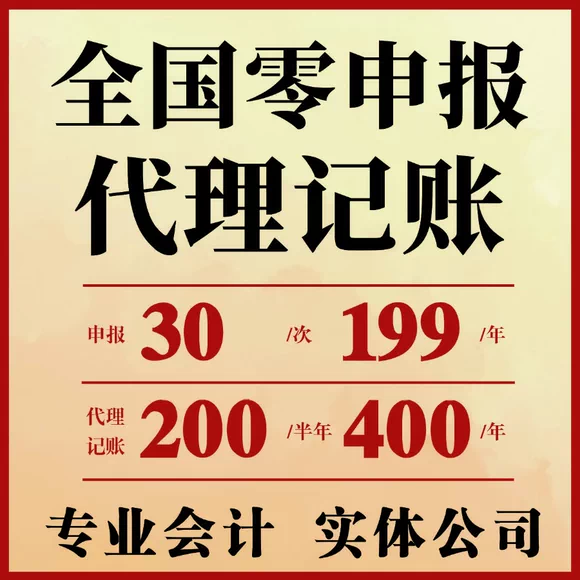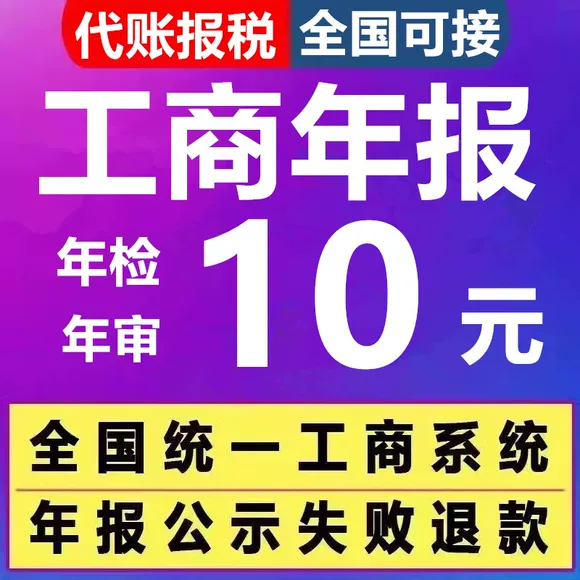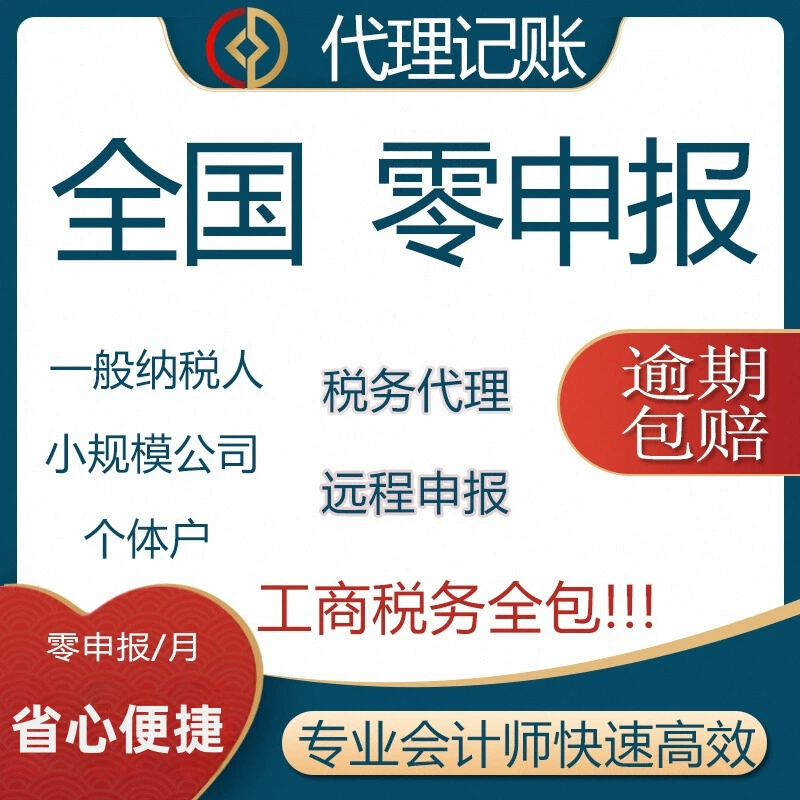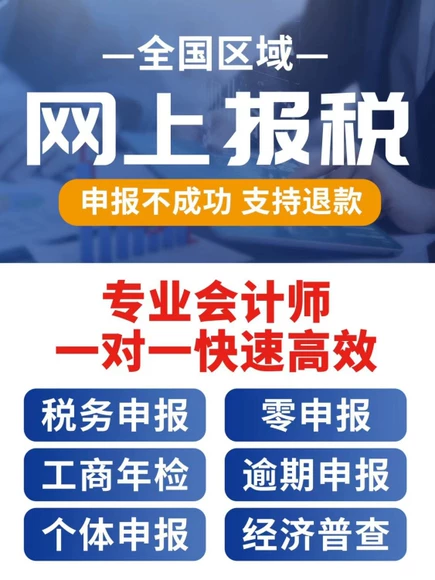Development of a self-tolerant T-cell receptor (TCR) repertoire with the potential to recognize the universe of infectious agents depends on proper regulation of TCR signalling. The repertoire is whittled down during T-cell development in the thymus by the ability of quasi-randomly generated TCRs to interact with self-peptides presented by major histocompatibility complex (MHC) proteins. Low-affinity TCR interactions with self-MHC proteins generate weak signals that initiate ‘positive selection’, causing maturation of CD4- or CD8αβ-expressing ‘single-positive’ thymocytes from CD4+CD8αβ+ ‘double-positive’ precursors. These develop into mature naive T cells of the secondary lymphoid organs. TCR interaction with high-affinity agonist self-ligands results in ‘negative selection’ by activation-induced apoptosis or ‘agonist selection’ of functionally differentiated self-antigen-experienced T cells. Here we show that positive selection is enabled by the ability of the T-cell-specific protein Themis to specifically attenuate TCR signal strength via SHP1 recruitment and activation in response to low- but not high-affinity TCR engagement. Themis acts as an analog-to-digital converter translating graded TCR affinity into clear-cut selection outcome. By dampening mild TCR signals Themis increases the affinity threshold for activation, enabling positive selection of T cells with a naive phenotype in response to low-affinity self-antigens.
Themis 设定 T 细胞发育中正向和负向选择的信号阈值,Nature t细胞发育过程中阴性选择的意义
版权声明:本文内容由互联网用户自发贡献,该文观点仅代表作者本人。本站仅提供信息存储空间服务,不拥有所有权,不承担相关法律责任。如发现本站有涉嫌抄袭侵权/违法违规的内容, 请发送邮件至lizi9903@foxmail.com举报,一经查实,本站将立刻删除。




